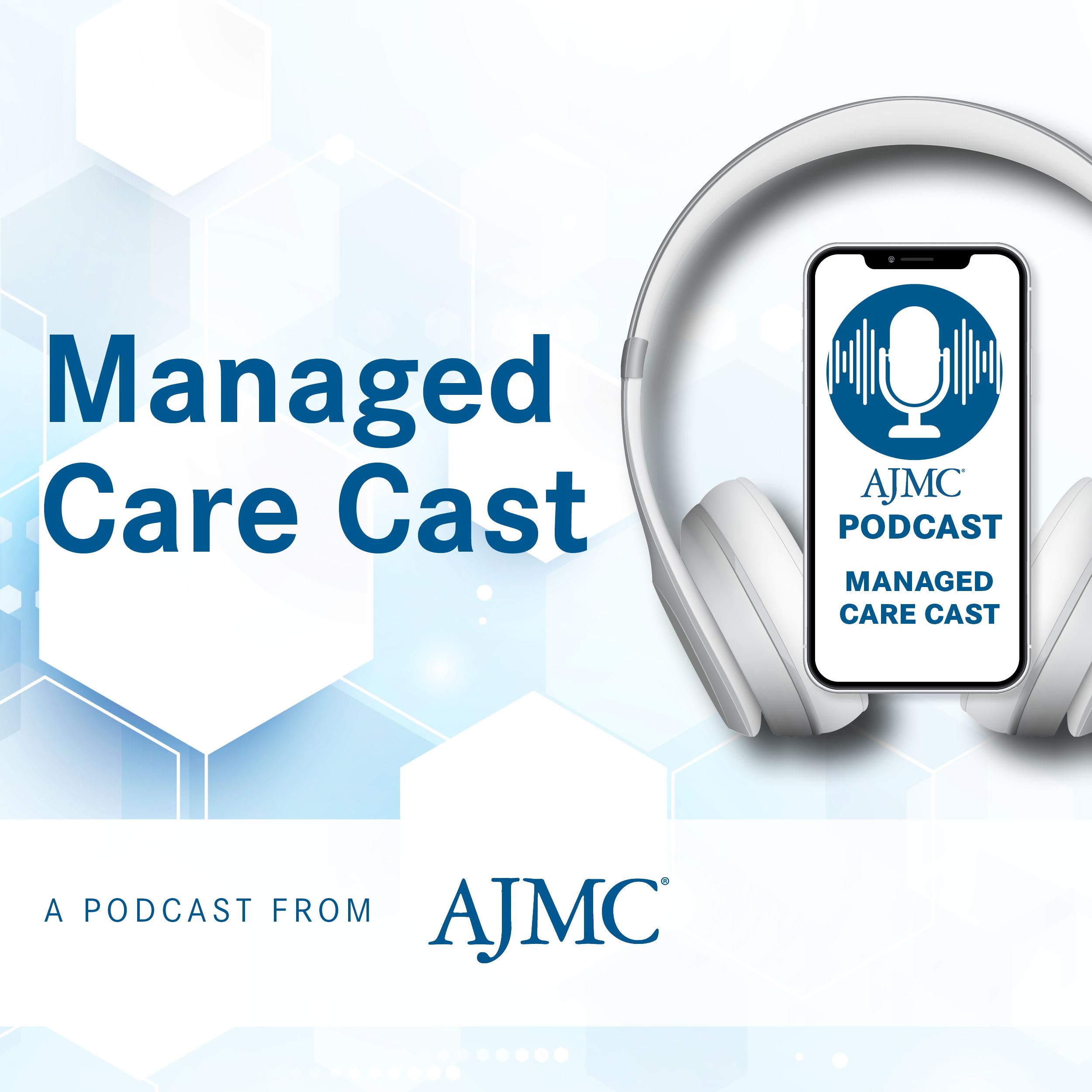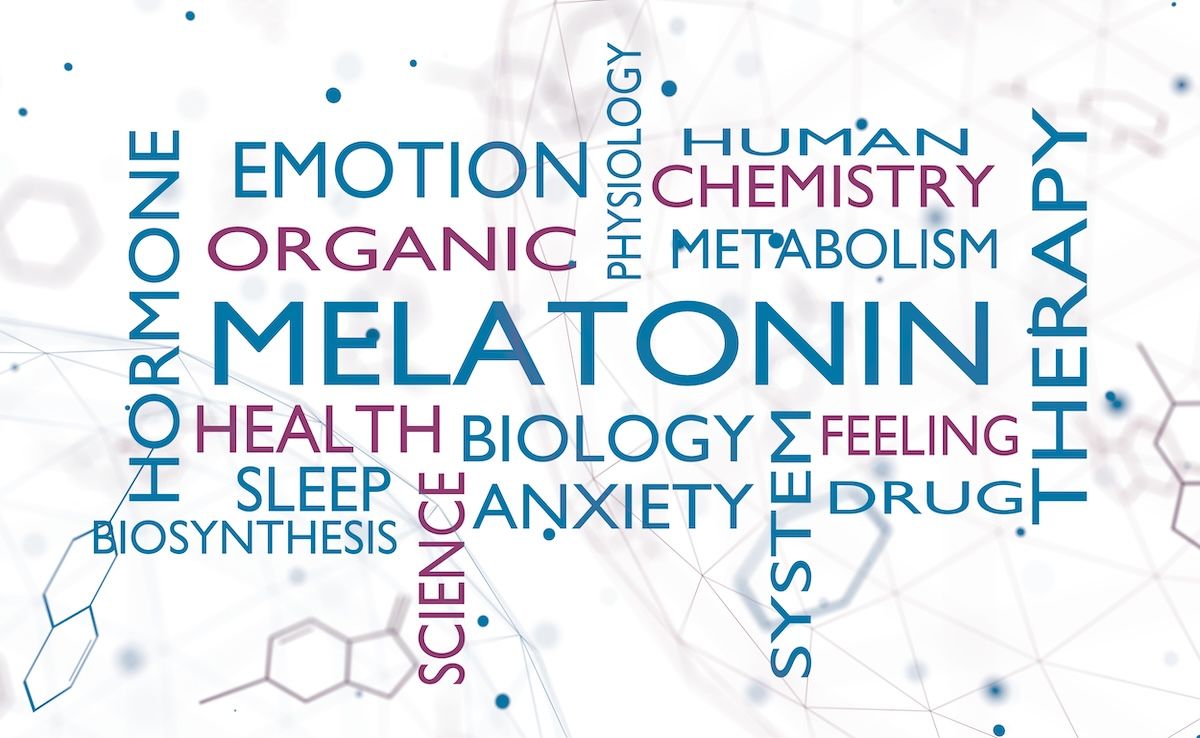News
Article
Serious Respiratory Symptoms Due to RSV Prevented With Palivizumab
Author(s):
Palivizumab may be well tolerated and effective in the prevention of serious respiratory symptoms due to infection with respiratory syncytial virus (RSV).
Serious respiratory symptoms and hospitalization due to severe infection of respiratory syncytial virus (RSV) could be prevented through the use of palivizumab, according to the results of a phase trial published in The Lancet Regional Health – Western Pacific. Palivizumab may be well tolerated and effective in neonates, infants, and young children 24 months and younger.
RSV is the cause of 50% of pneumonia cases and 50% to 90% of bronchiolitis cases in infants and young children Palivizumab was developed and approved for use in the United States and Japan. However, neuromuscular disease, pulmonary hypoplasia, airway stenosis, congenital esophageal atresia, and inborn errors of metabolism were not included in approved indications for use of the medication. This study aimed to evaluate “the efficacy, safety, and pharmacokinetics of palivizumab in pediatric patients falling within any of the 5 disease groups mentioned above in order to provide evidence for the safety of palivizumab in these patients and expand indications for these conditions.”
The phase 2 trial was performed from July 28, 2019, to September 24, 2021, at 7 medical institutions across Japan. Neonates, infants, and children 24 months and younger were recruited at outpatient clinics if they had conditions categorized as 1 of the 5 diseases studied. Participants were included if they had informed consent, were 24 months or younger when providing informed consent, and had continuous management on an outpatient basis.
The primary end point was subjects who needed hospitalization related to RSV between the first dose and 30 days after the last dose of palivizumab. The secondary end point was the percentage of participants who experienced adverse events (AEs).
There were 23 participants who participated in the study, of which 52.17% were male patients and the mean age was 9.0 months. Congenital esophageal atresia was the most common diagnosis (26.09%), followed by airway stenosis and neuromuscular disease (21.74% each), inherited metabolic disease (17.39%), and pulmonary hypoplasia (13.04%).
The mean number of doses given to all participants was 4.3 (range, 4-6). There were no hospitalizations for any reason related to RSV infection, but 86.96% of the patients in this study experienced AEs, and of this group, 21.74% were serious AEs. All severe AEs required hospitalization. Most AEs were grade 2, with the incidence totaling 73.91%, and there were no grade 4 or 5 AEs reported. The most common AEs included upper respiratory tract infection (43.48%), nasopharyngitis (17.39%), eczema (13.04%), dermatitis diaper (8.70%), and diarrhea (8.70%).
There were some limitations to this study. The cohort had a small number of participants to assess the efficacy of palivizumab. In addition, incidence of breakthrough RSV infection or history of past RSV was not evaluated and RSV activity was limited due to this study taking place during the COVID-19 pandemic.
The researchers concluded that the efficacy and safety presented in this study “suggest that intramuscular administration of palivizumab at a dose of 15 mg/kg body weight every 30 days at least 4 times might be generally well tolerated and may be effective in preventing serious respiratory symptoms due to severe RSV infection…whose primary disease belongs to the 5 disease groups studied in this study.”
Reference
Mori M, Yoshizaki K, Watabe S, et al. Safety, efficacy and pharmacokinetics of palivizumab in off-label neonates, infants, and young children at risk for serious respiratory syncytial virus infection: a multicenter phase II clinical trial. Lancet Reg Health West Pac. Published online July 25, 2023. doi:10.1016/j.lanwpc.2023.100847
Newsletter
Stay ahead of policy, cost, and value—subscribe to AJMC for expert insights at the intersection of clinical care and health economics.

Report Reveals Mounting Burdens of Drug Shortages on US Health System




